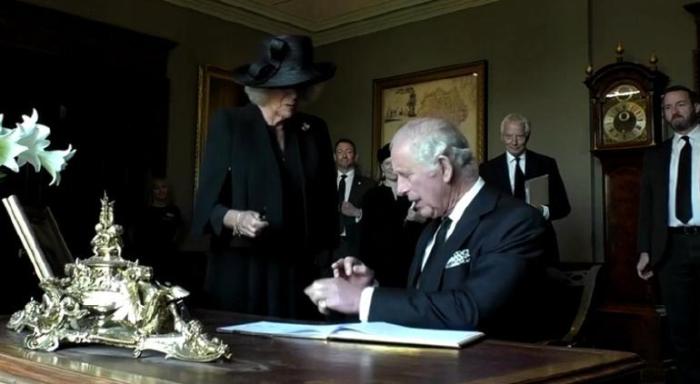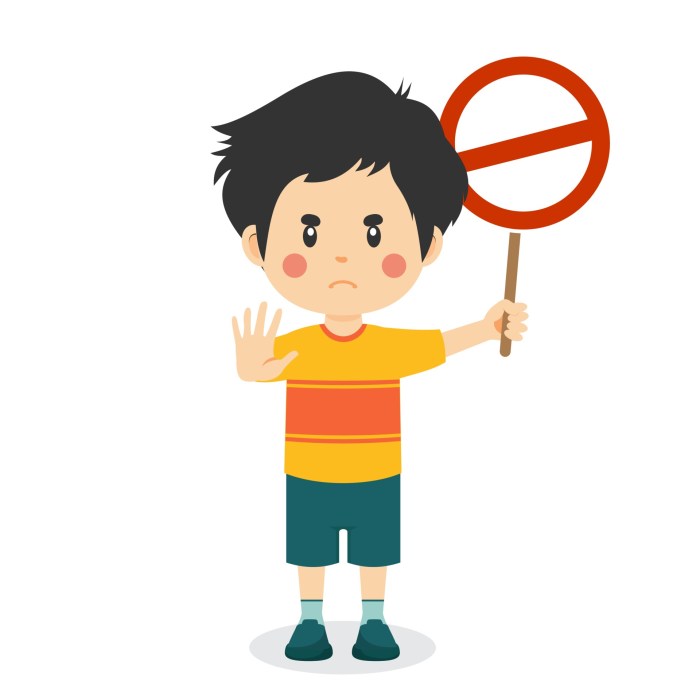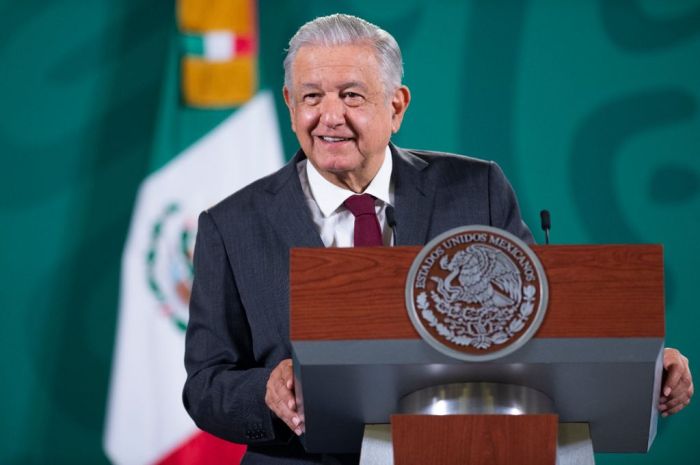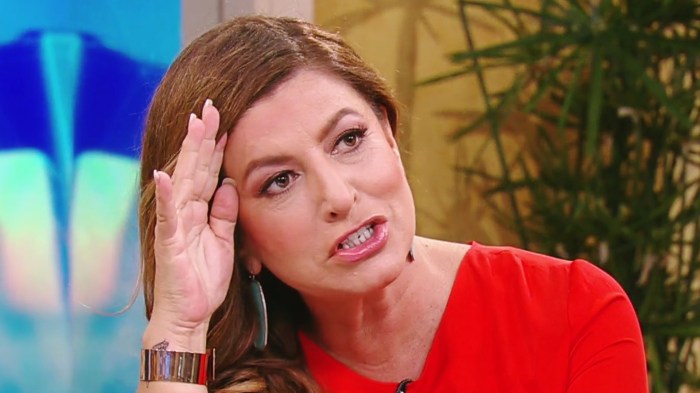MarÃa y carlos / no enojarse – In the captivating narrative of “María y Carlos,” we delve into the intricate dynamics of a relationship, exploring the challenges of communication, conflict resolution, and emotional regulation. Through the lens of this fictional couple, we gain insights into the complexities of human interaction and the strategies for navigating them effectively.
María and Carlos’s journey serves as a compelling backdrop for examining the power dynamics, societal expectations, and emotional challenges that can shape a relationship. As we witness their struggles and triumphs, we uncover valuable lessons for enhancing our own relationships and fostering emotional well-being.
Relationship dynamics in “María y Carlos”

The relationship between María and Carlos in “María y Carlos” is a complex and dynamic one. The power dynamics between them are constantly shifting, and their communication patterns often contribute to their conflicts. Additionally, the societal expectations placed on them have a significant impact on their relationship.
Power dynamics
- María is often seen as the more dominant partner in the relationship. She is more assertive and outspoken than Carlos, and she is often the one who makes the decisions.
- Carlos, on the other hand, is more passive and submissive. He often goes along with María’s decisions, even when he does not agree with them.
- This power imbalance can lead to resentment and conflict between María and Carlos. María may feel like she is always the one who is in charge, while Carlos may feel like he is not being heard.
Communication patterns
- María and Carlos have very different communication styles. María is more direct and confrontational, while Carlos is more indirect and avoidant.
- This difference in communication styles can lead to misunderstandings and conflict. María may feel like Carlos is not being honest with her, while Carlos may feel like María is being too aggressive.
- In order to improve their communication, María and Carlos need to learn to communicate in a way that is respectful and understanding of each other’s needs.
Societal expectations
- María and Carlos live in a society that has very traditional views about gender roles. Men are expected to be the breadwinners, while women are expected to be the caregivers.
- These expectations can put a lot of stress on María and Carlos’s relationship. María may feel like she has to choose between her career and her family, while Carlos may feel like he has to work long hours to provide for his family.
- In order to cope with these societal expectations, María and Carlos need to find a way to balance their work and family lives.
Conflict resolution strategies

María and Carlos employ various conflict resolution strategies. One common approach is active listening, where they pay undivided attention to each other’s perspectives, restate what they hear to ensure understanding, and avoid interrupting.
Another strategy they use is compromise. When faced with conflicting preferences, they seek mutually acceptable solutions that address both their needs. This involves open communication, empathy, and a willingness to adjust their positions.
Seeking external support
In certain situations, María and Carlos have sought external support to resolve conflicts. They have consulted with a therapist, who provided an impartial perspective, facilitated communication, and helped them develop healthier coping mechanisms.
MarÃa y Carlos are the best of friends, and they never get angry with each other. They always find a way to work things out. Even when they disagree, they always respect each other’s opinions. This is a valuable skill, especially in today’s world.
If you want to learn more about economics, check out this ap macroeconomics unit 4 test . It’s a great way to learn about the economy and how it works. MarÃa and Carlos would be proud of you for taking the time to learn about something so important.
Emotional regulation in “María y Carlos”: MarÃa Y Carlos / No Enojarse

María and Carlos, like all couples, experience a range of emotions in their relationship. However, they often struggle to regulate their emotions effectively, leading to conflicts and misunderstandings.
One of the primary emotional challenges they face is difficulty expressing their emotions in a healthy manner. María tends to suppress her emotions, while Carlos often expresses his emotions impulsively and aggressively. This difference in emotional expression can create a barrier to communication and understanding.
Coping mechanisms
To cope with negative emotions, María and Carlos employ various strategies, some of which are more effective than others.
- María often withdraws from situations that trigger negative emotions, which can lead to feelings of isolation and loneliness.
- Carlos, on the other hand, engages in escapist behaviors such as drinking or gambling to cope with difficult emotions, which can have detrimental consequences for their relationship and well-being.
It is important for couples to develop healthy emotional regulation skills to navigate the challenges of their relationship effectively. These skills include:
- Identifying and acknowledging emotions
- Expressing emotions in a healthy and respectful manner
- Regulating emotions through self-soothing techniques
- Seeking support from others when needed
Communication styles in “María y Carlos”

María and Carlos exhibit distinct communication styles that impact their conflict resolution abilities. María tends towards a passive-aggressive style, while Carlos adopts a more assertive approach.
María’s Communication Style
- Passive-aggressive
- Holds back feelings and thoughts
- Uses indirect language and sarcasm
- Avoids direct confrontation
Carlos’s Communication Style
- Assertive
- Expresses feelings and thoughts directly
- Uses clear and concise language
- Engages in open and honest dialogue
These contrasting styles can hinder conflict resolution. María’s passive-aggressive approach may lead to resentment and misunderstandings, while Carlos’s assertive style can come across as confrontational or dismissive.
Strategies for Improving Communication
- Practice active listening
- Express feelings and thoughts respectfully
- Use “I” statements to avoid blaming
- Seek compromise and find common ground
- Set boundaries and communicate expectations clearly
External influences on the relationship in “María y Carlos”

María and Carlos’ relationship is influenced by various external factors, including family, friends, and societal norms. These influences can have both positive and negative effects on their relationship.
Family
Family members can play a significant role in a couple’s relationship. They can provide support and advice, or they can create conflict and tension. In the case of María and Carlos, their families have both positive and negative influences on their relationship.
- María’s family is very supportive of her relationship with Carlos. They are happy that she has found someone who makes her happy and they are always there for her when she needs them.
- Carlos’ family is more traditional and they have some reservations about his relationship with María. They are worried that she is not from the same social class as Carlos and they are concerned that she will not be a good wife for him.
Friends
Friends can also have a significant impact on a couple’s relationship. They can provide support and encouragement, or they can create conflict and jealousy. In the case of María and Carlos, their friends have a mostly positive influence on their relationship.
- María’s friends are very supportive of her relationship with Carlos. They are happy for her and they are always there for her when she needs them.
- Carlos’ friends are also supportive of his relationship with María. They are happy for him and they are always there for him when he needs them.
Societal norms
Societal norms can also have a significant impact on a couple’s relationship. These norms can dictate how couples should behave and they can create pressure on couples to conform to certain expectations. In the case of María and Carlos, societal norms have a mostly negative influence on their relationship.
- María and Carlos live in a society that has traditional views on gender roles. This can create pressure on them to conform to these roles and it can lead to conflict when they do not.
- María and Carlos also live in a society that has a high rate of divorce. This can create pressure on them to stay together even when they are not happy in their relationship.
Character Development in “María y Carlos”

Throughout the story, María and Carlos undergo significant character development as they navigate the challenges of their relationship. Their experiences shape their personalities, behaviors, and motivations, ultimately influencing the trajectory of their bond.
María’s Development, MarÃa y carlos / no enojarse
María’s character evolves from a naive and idealistic young woman to a more mature and self-aware individual. Initially, she is consumed by her love for Carlos and willing to overlook his flaws. However, as their relationship progresses, she realizes the importance of self-respect and personal boundaries.
Through her experiences, María learns to assert herself, communicate her needs, and prioritize her own well-being.
Carlos’ Development
Carlos’ character arc follows a path from self-centeredness to a greater understanding of empathy and responsibility. At the outset, he is portrayed as a charming but immature and selfish individual. Over time, he begins to recognize the impact of his actions on others and gradually develops a stronger sense of accountability.
Carlos’ growth is driven by his love for María and his desire to become a better partner.
FAQ Section
What are the key factors that contribute to conflict in “María y Carlos”?
Communication patterns, power dynamics, and societal expectations all play significant roles in fueling conflict between María and Carlos.
How do María and Carlos approach conflict resolution?
They employ a range of strategies, including avoidance, compromise, and collaboration, with varying degrees of effectiveness.
What are some practical tips for improving communication skills in relationships?
Active listening, empathy, and clear expression can enhance communication and reduce misunderstandings.